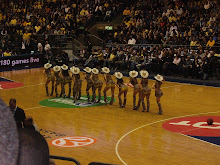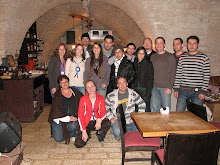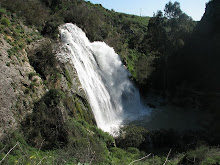No matter how far away the world is
or how much we try to forget
we'll always dream at night
and the past stays alive
and the people, dead or alive,
will never die
the world only gets bigger and bigger
and the wars we fight
just come closer and closer to our home.
Here in Israel
everything feels normal, if I let it
the sand of the beach is infinite
no matter how many thousands of bodies walk off with it
it doesn't recede one inch
and we are confident in everything we do here
so confident,
that even our small lies aren't lying,
it's how we socialize
it's the difference between life and a game.
And sometimes when I sleep in Israel
I get to go back
I get to be with my loved, loved friends
who feel like sisters I forgot I had
forgot to call
and I forgot how good it feels,
until I wake up
and then it's like I'm here, and everything seems normal,
until I remember I left my stomach
still digesting dinner at the kitchen table in Boston
and the highways run through my mind
like they'll never be forgotten,
like I'll never leave them
even as I sit here on the אדמה of the holiest place on our planet
I'm still riding the border of North America
and even as I'm being sung to in the holiest language of our history
I'm hearing my past
in my ankles and my elbows, aching up my back
in a whisper to me
where are you
where are you supposed to be
whose land is this really.
What's real suddenly seems so simple.
I miss my friends.
My friends, my friends, my friends.
And I don't know what's worse;
that none of you Israelis know how it feels,
or that none of my friends do,
or that there's no one place to be
to have everything you love all at once.





































































































































































